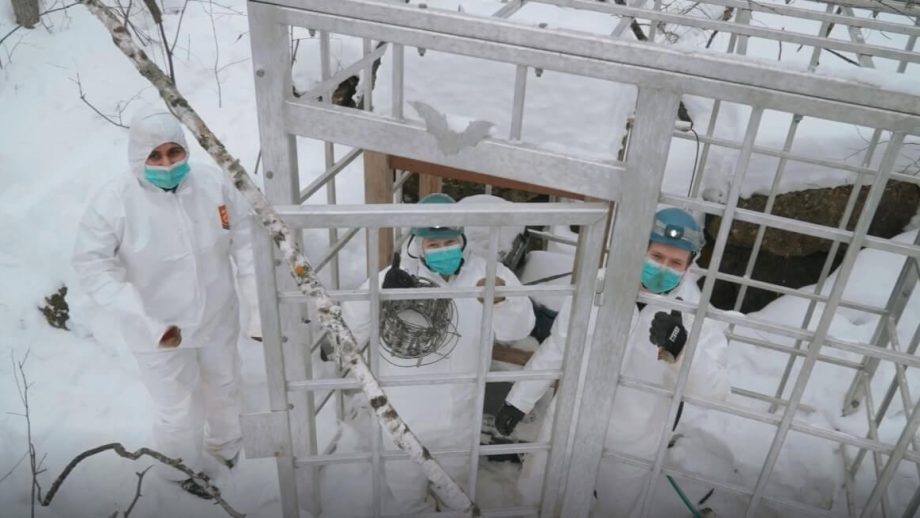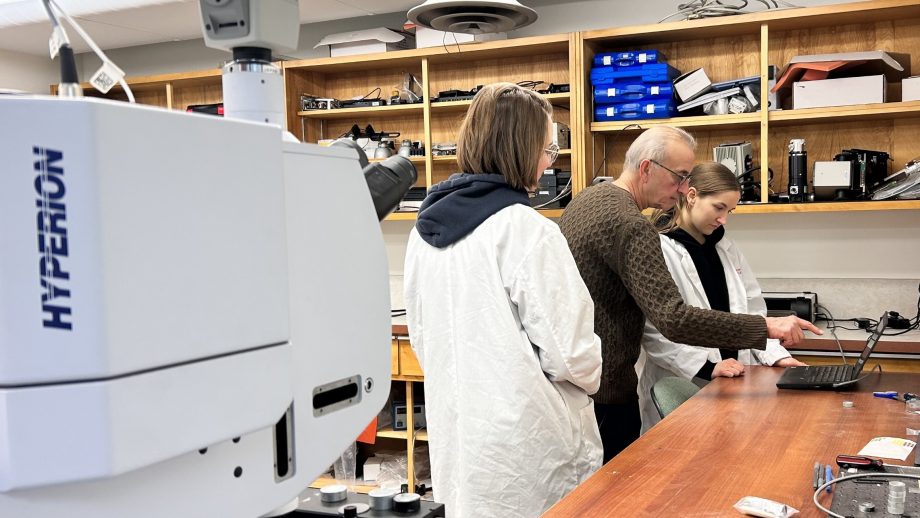Using machine learning technology, The University of Winnipeg’s Dr. Sergio G. Camorlinga and graduate student Dharitri Tripathy are researching computer models to predict COVID-19 cases in Canada.
They are evaluating human behaviour based on isolation, wearing mask outside home, contact with symptomatic persons, washing hands, and other behaviours. They proposed machine learning (ML) methods that predict COVID-19 cases with high accuracy, making predictions for other countries possible and making it a convenient tool to predict cases in Canada.
The paper uses human interactions as features to predict COVID spread that contrast with previous models that are based on historical patterns of spread.
Dr. Sergio Camorlinga
Their findings, Prediction of COVID19 Cases based on Human Behavior using DNN Regressor for Canada, were recently presented and published at the IEEE International Conference on Communications (IEEE ICC 2021), one of the society’s two flagship conferences dedicated to driving innovation in nearly every aspect of communications.
“The paper uses human interactions as features to predict COVID spread that contrast with previous models that are based on historical patterns of spread,” explained Camorlinga. “The model outcomes correlate well with actual COVID data and provides evidence of the usefulness of the proposed model. But most importantly, it provides a tool to evaluate policy measures and its impact in the disease spread of our communities.”
The result of the lockdown severely affecting the poor and migrant labourers around the world who cannot work was also a research trigger for Tripathy.
“These problems motivated us to carry this research in finding solution to the COVID-19 crisis in the world,” said Tripathy. “This research can assist law makers and government authorities to evaluate the current situation and responses of people to public health measures to assess the spread of COVID-19 and other viruses in the future.”
Camorlinga notes that Tripathy is a promising researcher with initiative to explore new venues of research during her graduate program that provide technological solutions to societal issues as this paper research demonstrates.
Tripathy is completing her Master of Science in Applied Computer Science and Society at UWinnipeg.





